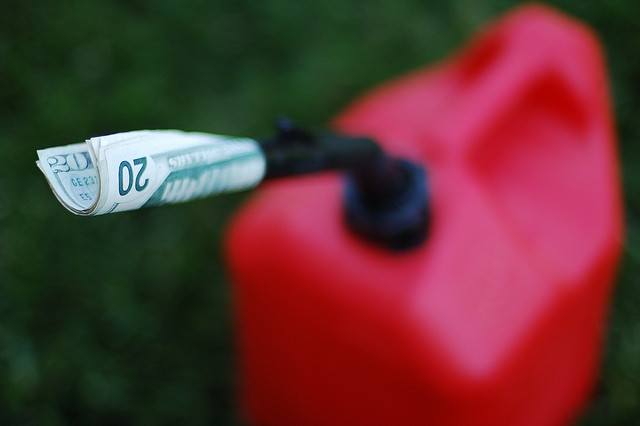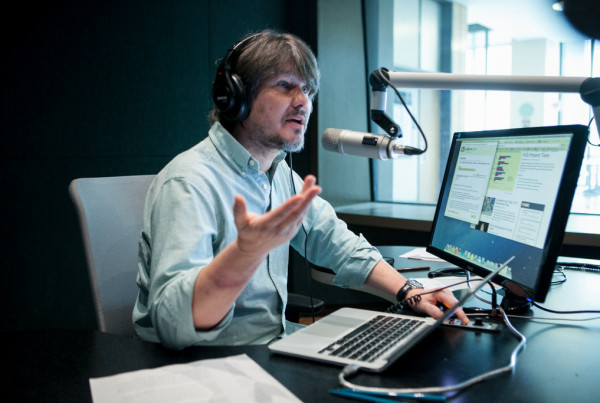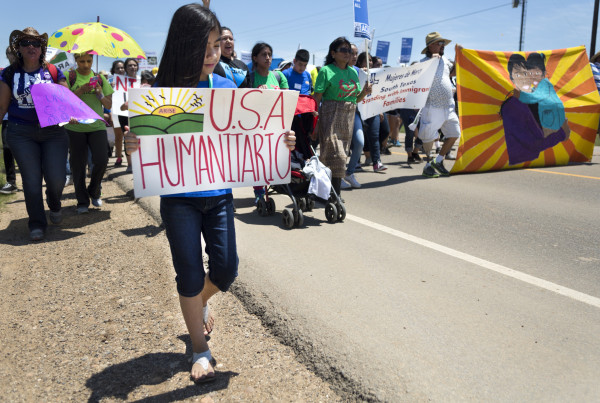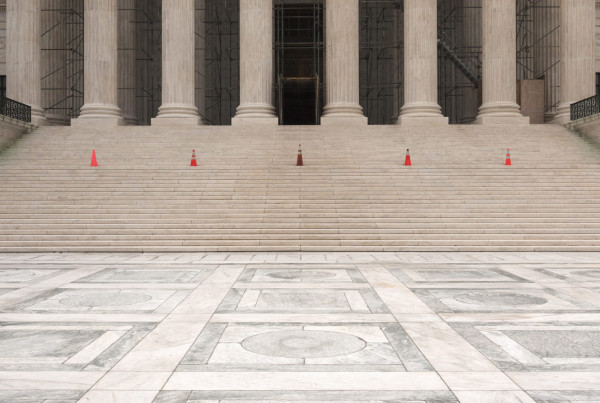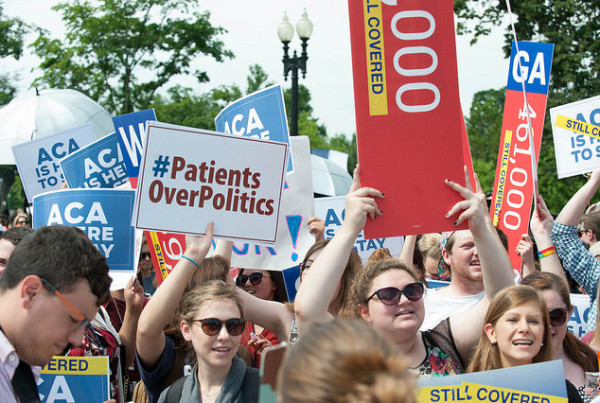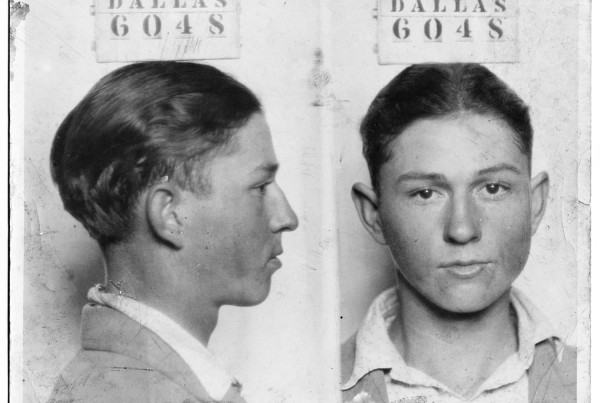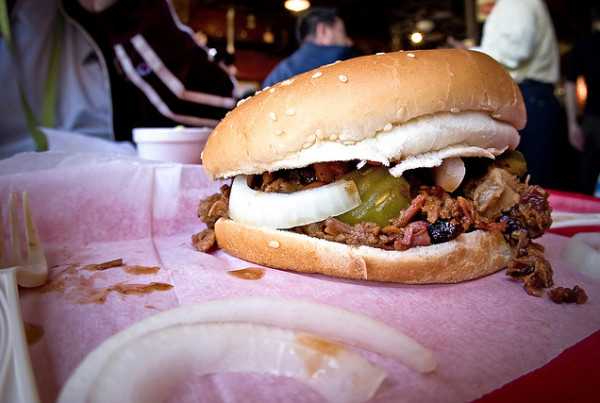Lots of entrepreneurs see laziness as a business opportunity: There’s grocery delivery, dry cleaning delivery, fast food. Now you can add gasoline delivery to that list.
It’s like Uber for gasoline – except it’s perfectly legal. Serial entrepreneur Wisam Nahhas and his business partner wanted to start an app with a service component. He thought of the one thing he dreads every week.
“We sort of figured, ‘how about gas?’” Nahhas says. “We hate going to the gas station. Why can’t gas be delivered to you?”
So this month Nahhas launched FuelMe: it’s a fleet of three trucks with trailers full of gasoline. Drivers buy gas from a distributor every morning and go car-to-car filling up tanks.
“One of our goals is to be the world’s largest gas station,” Nahhas says .
It works like this: customers use the app to signal that they want gas, and leave their fuel cap open when they park. Nahhas or his employees get the alert and drive to the car. The FuelMe folks set up some safety cones and a mat to catch spills, then they unroll the hose and fill up the tank.
Nahhas says he knows exactly what you’re thinking.
“It doesn’t sound legal… That’s the first thought we said and then we quickly started researching, looking into it,” he says, “We were like, it doesn’t seem like it’s illegal – seems like if you can get the right permits for your tanks and the right licenses for your drivers it seems like it’s a doable thing. Sure enough it was.”
Nahas says getting gas delivered is no more dangerous than getting a fill up at a regular station. But can it be a good business?
Bernard Weinstein, an economist at the Cox School of Business at Southern Methodist University thinks maybe not.
“I think it’s unrealistic. I would expect the demand for the services of FuelMe to be fairly limited, so I don’t know it’s an interesting concept, but only time will tell if it’ll work,” Weinstein says.
Right now FuelMe charges customers a $5 delivery fee, plus the price of gas. Nahhas says he’s averaging 100 customers per week. The best customers? Women.
“Both men and women value their time but we have seen that women generally are probably less price-sensitive to this because…they hate the gas station,” Nahhas says.
Right now FuelMe is only available on the University of Houston campus. That’s the type of place the margins for this type of business make sense right now: places where thousands of cars are parked in the same area, like universities, airports and big tech campuses.
“When we structured the whole thing we envisioned it as an employee perk because at the end of the day it’s an employee perk that nobody else can offer,” Nahhas says. “We’re the only ones that offer this type of service, so if they’re interested in doing it we have a model to where they cover the five dollar delivery fee for employees and the employee just pays the gas price.”
Gas is what economists call a utility goo; there’s a limit to how much gas a city needs. That means if Nahhas succeeds in his dream of becoming the Citizen Kane of gas in Texas, some gas stations might go out of business. Historian Dwayne Johnson thinks that would be a real shame.
“There’s a lot of nostalgia about gas stations, about the gas companies,” Johnson says. “There’s still folks that have great loyalties to certain gas companies … and there’s a lot of interest in them. It’s probably going continue to stay that way,m because they are disappearing so rapidly.”
Jones says Texas is one of the few states where you can find a lot of really old gas stations, and they’re cultural landmarks. But at his mobile pumping station, Wisam Nahhas says he keeps filling up a lot of the same tanks week after week. Which leads him to think his customers – at least – aren’t all that nostalgic for the good old days.


